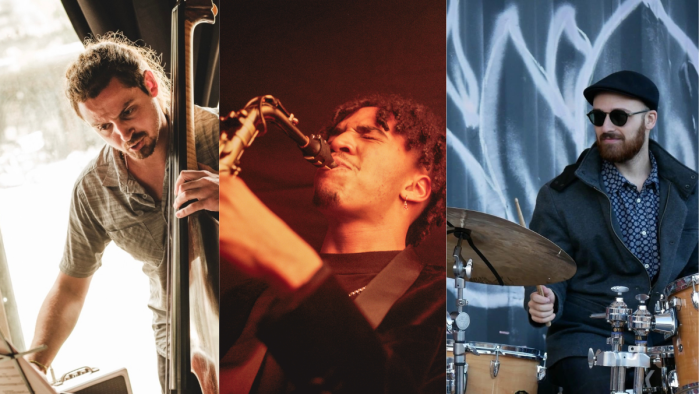After being president for 10 years of the West Indian American Day Carnival Association (WIADCA), organizers of the annual parade on Brooklyn’s Eastern Parkway, the Trinidadian-born president Yolanda Lezama-Clarke says she is resigning.
“I’ve formally submitted my resignation; I’m just ready to move on,” Lezama-Clarke, told reporters recently.
Lezama-Clarke’s late father, Carlos Lezama, founded the association that organizes the 44-year-old parade, the largest in North America, which attracts over 3 million spectators on Labor Day.
Carlos Lezama ran the parade from 1967 to 2001, when ill-health forced him to retire, passing the mantle to his daughter.
“There are a lot of challenges in addition to issues around the carnival, but we’re going into our 45th year, and I hope it will continue, and I don’t know why it shouldn’t,” Lezama-Clarke said.
The event gained high publicity this month after racial messages attributed to some members of the New York Police Department (NYPD) were posted on the social network, Facebook, describing parade participants as “savages” and “animals,” among other names.
Lezama-Clarke said she was “truly” disappointed but not surprised by the racist postings.
“Hearing and reading about these remarks made by NYPD officers – ‘animals, savages, bomb them’ – was truly disappointing, however, not surprising,” she said.
“While these are the views of many, I am sure that does not reflect all of the administraion. These are gross, irresponsible descriptions that undermine the mission and purpose of the event,” she added.
The NYPD said it has matched 20 “offensive” postings on Facebook about the West Indian Day Carnival Parade with names of police officers.
Police Commissioner Raymond Kelly said that the officers were facing questioning by the NYPD’s Internal Affairs Bureau over the comments.
“It is disturbing when anyone denigrates a community with hateful speech,” he said. “It is unacceptable when police officers do it.”
Though the officers may claim their comments are covered by their First Amendment right to free speech, Kelly said the NYPD “reserves the right to discipline behavior it determines to be unbecoming of a police officer or detrimental to the service, especially when it is disrespectful of communities that officers have taken an oath to protect.”
A large number of politicians and officials had expressed outrage over the postings by some police officers after being assigned to work at the parade in Brooklyn on Labor Day, Sept. 5.
The New York Times had reported that officers maligned paradegoers at the annual event.
The paper reported that the Facebook page’s existence had been noted during a trial in Brooklyn, and that the page had disappeared from public view just days after a defense lawyer had found it, but not before he saved all the data.
Some officials have called for an investigation by an independent agency rather than the NYPD’s own Internal Affairs Bureau.
“There’s a problem that needs to be fixed,” said Jumaane D. Williams, a Grenadian American Councilman, who was illegally arrested during the parade.
“We can’t address the problem if no one wants to admit that the problem’s there,” added Williams, who was handcuffed and held in what he said was an episode fueled by bias. The Police Department later said it would discipline three officers in the matter.
Williams represents the predominantly Caribbean 45th Council District in Brooklyn.
This fall, the defense lawyer preparing for the trial of a Brooklyn man on gun possession charges discovered the “No More West Indian Day Detail” Facebook group. One of its members was their client’s arresting officer.
Once publicized, city officials and other legislators quickly condemned the group’s language.
Tyrone Johnson, whose court case brought the Facebook conversation to light, said he was grateful to his lawyers, Benjamin Moore and Paul Lieberman, for discovering the Facebook material, which he said contributed to his acquittal.
“I’m just glad my case is over with,” he said. “Whatever could be done for everybody else, that’s good, too.”
Lezama-Clarke said “any culture of police officers’ contempt for New York’s Black and Brown communities either real or symbolic cannot be tolerated.”
She called on New York elected officials and leaders of communities to support WIADCA’s efforts to end “any and all police contempt towards members of our communities.”


























